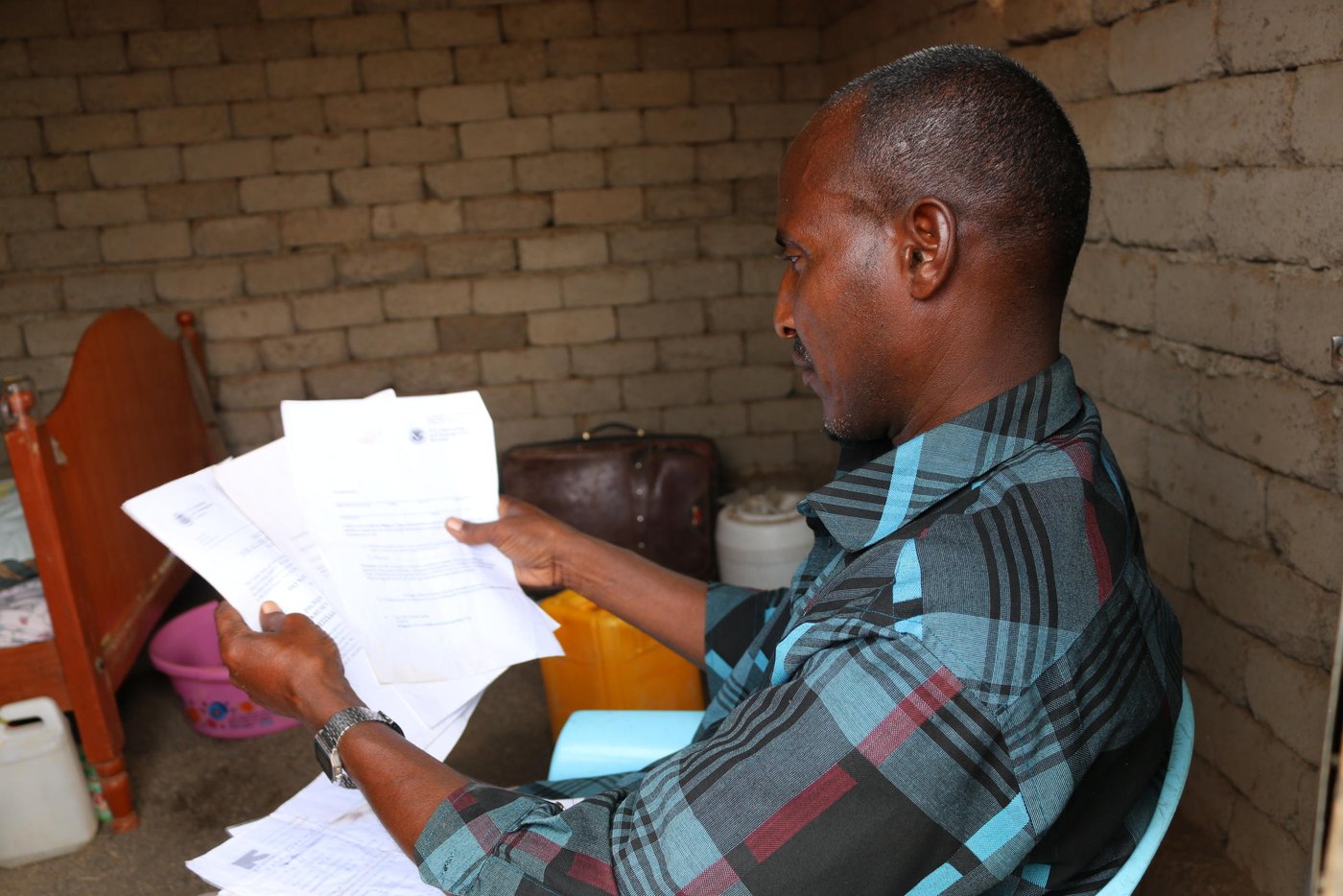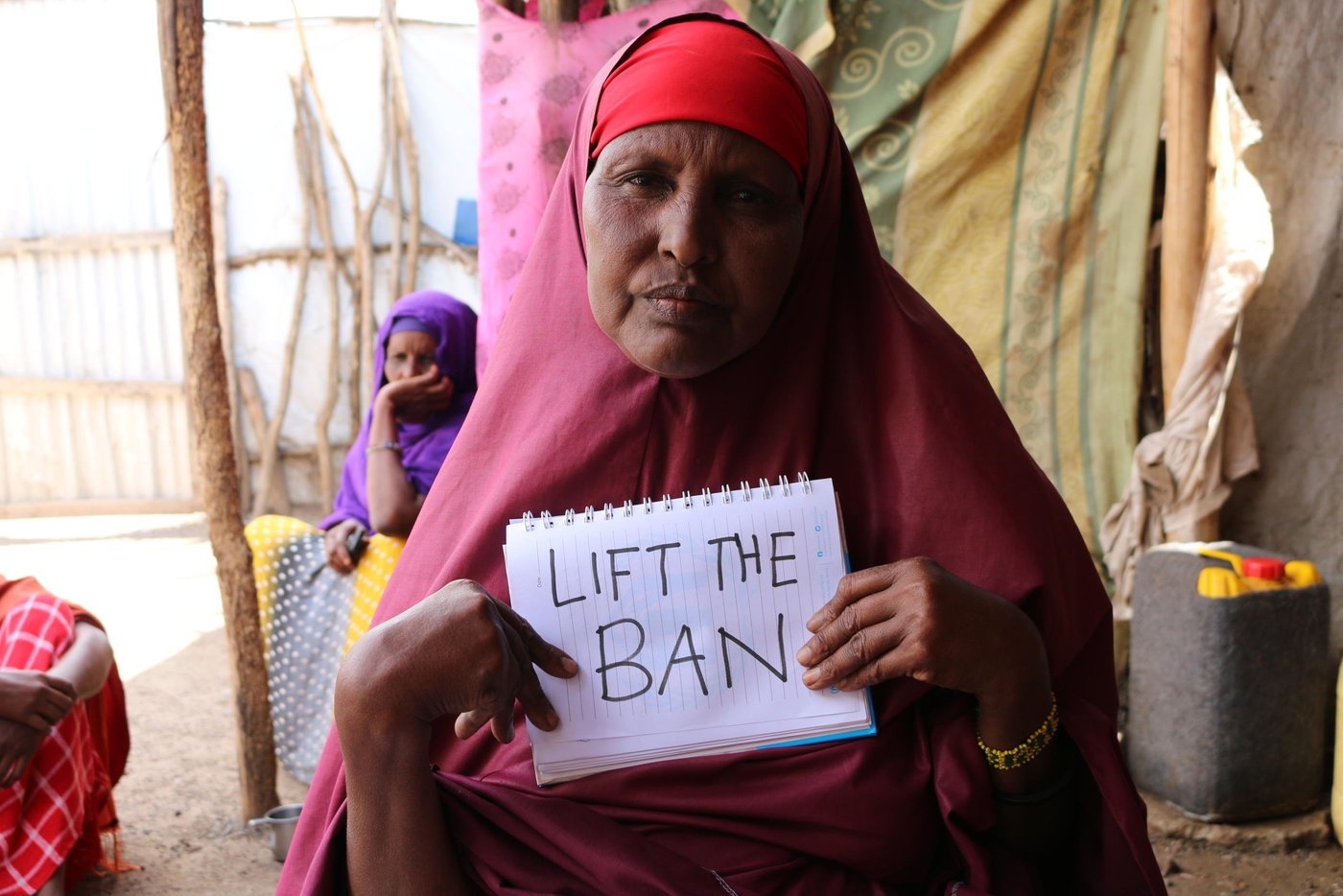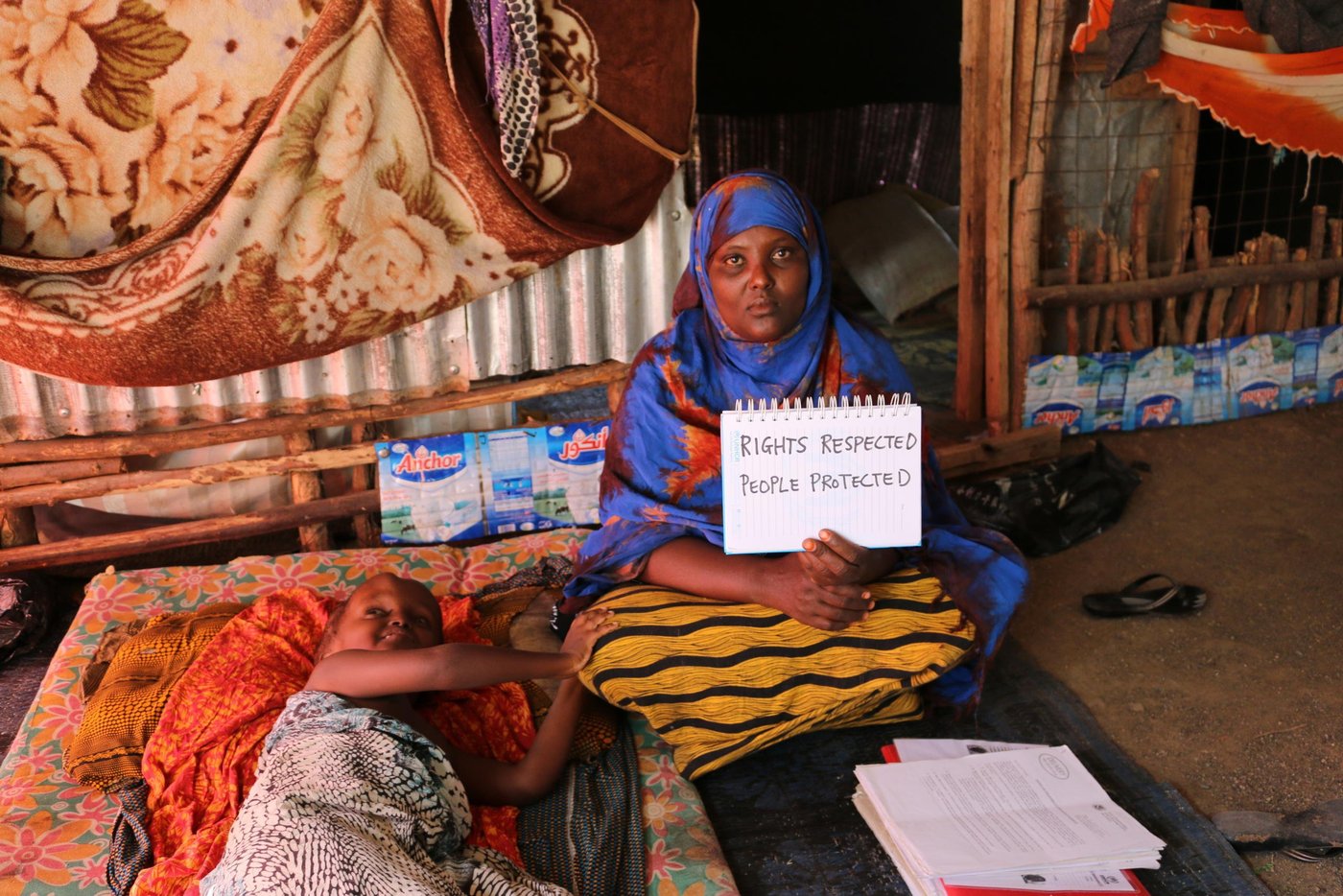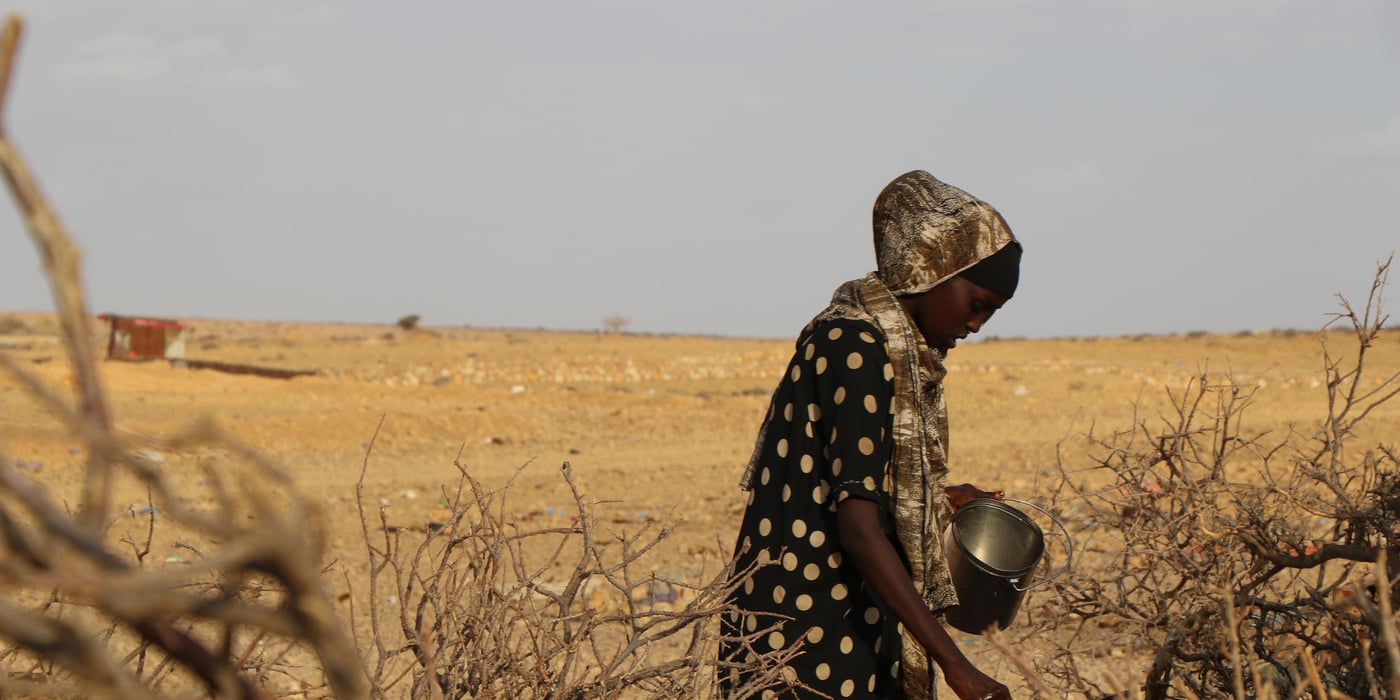
KENYA/Kakuma Refugee Camp: "I had completed all the stages required in the resettlement program. This includes medical check-ups and interviews. I had received a certificate of completion from the Resettlement Support Centre (RSC), which confirms that I am eligible for resettlement in the USA and I have satisfied all requirements. I have even been allocated a resettlement location in USA, says Hamsa Jama Hassan (30).
On Friday 27 January, the U.S. president Donald Trump banned immigration from seven Muslim-majority countries - Iran, Iraq, Syria, Libya, Somalia, Sudan and Yemen - and put a four-month hold on allowing refugees into the United States.
26.000 affected
Since then some 26,000 refugees in Kenya have been affected by the ban, most of them Somali, according to United Nations refugee agency (UNHCR).
"This policy places the burden of hosting refugees on countries that are already overburdened," said Geno Teofilo, Regional Media & Communication Adviser for the Norwegian Refugee Council, as low- and mid-income countries house nine out of 10 of the world's displaced.
Half of the 26,000 refugees hit by the ban in Kenya have already won approval for U.S. resettlement while the other half await interview by the U.S. State Department, according to UNHCR.
Somali refugee Bihi, his wife Halay Hussein Barre, and their 10 children have been living in Kenya's Kakuma refugee camp for nearly four years while their resettlement to the United States is processed.
"Trump is dismantling all our dreams," he told Reuters.
Losing hope
Hamsa has followed the political situation in the USA since the inauguration of Donald Trump. He has learnt about the latest ban on Somalis from visiting the USA. He feels bad about this. All his efforts seem to have been in vain. Although the ban is temporary (90 days), he suspects that it will be prolonged, or stricter measures are going to be put in place.
"Now I might have to begin my resettlement efforts from scratch. I am very unhappy and I am about to lose hope," he says.
Below you find more stories on refugees in Kakuma refugee camp (Kenya) who have been forced to put their lives on hold:





